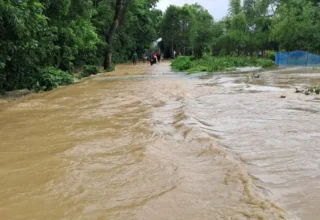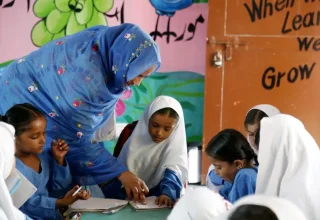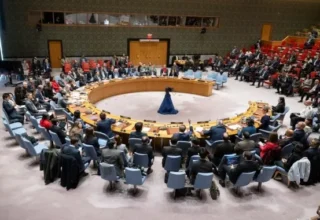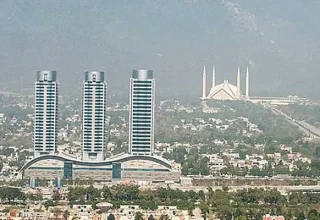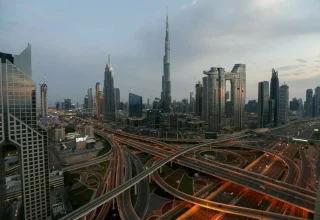
The demand for government-supplied electricity has significantly decreased as consumers and industrialists increasingly switch to alternative energy sources, primarily solar power.
The trend has been reported by various distribution companies (DISCOs) to the National Electric Power Regulatory Authority (Nepra).
Consumers across the country are moving away from the national grid due to the high cost of government-supplied electricity. Many people and industries have started to rely on solar energy, leading to a noticeable reduction in the electricity consumption provided by the government.
Data submitted to Nepra indicates a consistent decline in demand. In Faisalabad, the domestic electricity demand has decreased by 11%, though industrial electricity sales have increased by 18%. Lahore Electric reported a 15% decrease in industrial demand and a 3% decrease in domestic demand. Gujranwala has seen a 0.13% decrease in domestic demand and a 4.7% reduction in industrial electricity consumption.
Mapco reported a 26% drop in B3 category industrial electricity demand. In Peshawar, there has been a 9.1% reduction in domestic sales, 3.2% in commercial sales, and 17.2% in industrial sales. However, the Islamabad Electric Supply Company (ISCO) cited the closure of industries as the reason for a decrease in industrial demand.
Nepra officials expressed dissatisfaction with the Hyderabad Electric Supply Company (HESCO) for not providing data, indicating potential legal action against HESCO.
Currently, the country faces a shortfall of 4,448 MW in electricity. The total demand is 25,332 MW, while production is 20,884 MW. Hydropower sources contribute 7,222 MW, government thermal power plants generate 786 MW, private sector power plants produce 7,960 MW, and wind power plants add 1,121 MW to the national grid.
The shift towards solar energy and other alternative sources highlights a growing trend as consumers and industries seek to reduce reliance on expensive government electricity.
Solar users face new charges under proposed net metering reforms
In a significant move to amend the existing net metering rules, Pakistan’s Power Division has begun working on changes aimed at balancing the benefits for solar energy users with the financial burden on other electricity consumers.
The proposed amendments, which are set to be submitted to the National Electric Power Regulatory Authority (NEPRA) in July, include sending net metering power to the national pool and introducing capacity charges for net metering users.
One of the major changes under consideration is a 50% reduction in the net metering buyback rate. This reduction aims to extend the period for recouping investments in solar power from the current three years to seven years.
Sources from the Power Division indicate that this adjustment is crucial for maintaining the financial equilibrium within the energy sector. Currently, the share of net metering in the National Grid stands at 2000 MW, with a significant increase in the number of solar users from 55,000 to 120,000 over the past year.
The departure of large consumers from the conventional grid due to net metering has placed an additional burden of Rs 2 per unit on other consumers. This situation is expected to worsen, with projections indicating an increase of up to Rs 350 billion next year if the current rate remains unchanged.
By revising the net metering rate, the Power Division hopes to mitigate this financial strain on the broader consumer base.
The proposed amendments also involve integrating net metering power into the national pool, which is expected to enhance overall energy distribution efficiency. Additionally, capacity charges will be levied on net metering users to ensure they contribute fairly to the infrastructure costs, which are traditionally borne by all consumers.



















